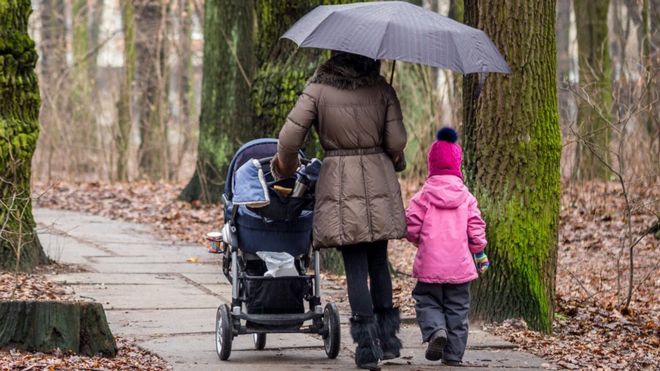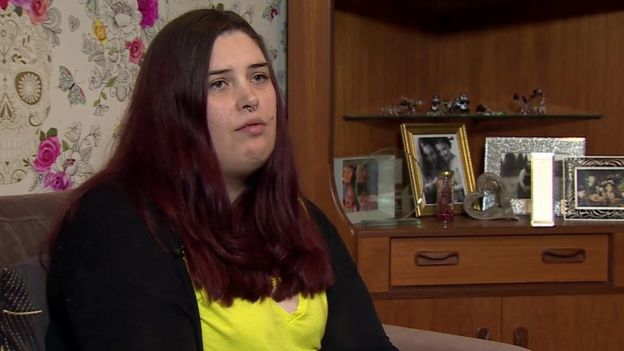
Four working single mothers have won a High Court challenge over the government's universal credit scheme.
They
argued a "fundamental problem" with the system meant their monthly
payments varied "enormously", leaving them out of pocket and struggling
financially.Lawyers for the women said the problem was likely to affect "tens of thousands of people" claiming the benefit.
A DWP spokesman said: "We are carefully considering the court's judgement."
It comes as Work and Pensions Secretary Amber Rudd announced a raft of changes to the government's flagship scheme.
She also confirmed she would delay asking Parliament to authorise the transfer of three million people on to universal credit until next year, after a pilot of the transfer from existing benefits has been completed.
Universal credit is a means-tested benefit, rolling six separate benefits into one payment.
It has proved controversial almost from its inception, with reports of IT issues, massive overspends, administrative problems and delays to the scheme's rollout.
On Friday, it was announced that Danielle Johnson, Claire Woods, Erin Barrett and Katie Stewart had succeeded in a judicial review action against the government over the method used to calculate payments.
It followed a hearing in November when the court was told the women were struggling financially, with some falling into debt or relying on food banks.
'Untold hardship'
Tessa Gregory, a solicitor from law firm Leigh Day, who represented part-time dinner lady Danielle Johnson from Keighley, West Yorkshire, said her client was "a hard-working single mum" and "precisely the kind of person universal credit was supposed to help".But Ms Gregory said the "rigid income assessment system" had left her £500 out of pocket over the year and spiralling into debt.
Solicitor Carla Clarke, of the Child Poverty Action Group, which also brought the case on behalf of the mothers, said the universal credit system was "out of step with both actual reality and the law", and had caused them "untold hardship, stress and misery".

Rebecca Smidmore, a carer for her 10-year-old son who has spina bifida, said her family's universal credit payments vary hugely each month - for example, if her husband gets paid a day or two early when payday falls at a weekend.
"They then think he's been paid twice in a month and universal credit is then altered," she said. "So some months we get a really low amount, some months we get a really high amount."
She said universal credit had a "massive impact really early on" and makes budgeting difficult, adding: "It's as if we are made to feel bad that we are claiming this benefit, that we don't deserve this money".
'Incentive'
Meanwhile, speaking to the BBC's Newsnight's political editor Nicholas Watt, Ms Rudd announced she favoured calls to change the way people who are on universal credit, but starting to go back to work, are taxed.Ms Rudd told the programme: "I would like every incentive we can find to make sure that people going back into work realise that it is the best thing for them and that they don't get a huge 90% tax rate."
Earlier on Friday, Ms Rudd promised to make the universal credit system more "individual" and tailor it to claimants needs, for example by making payments more regular.
Changes will also see more money go directly to women who are the "main carer" in a family, in response to criticism that the "one payment per household" system penalised women.
Charities have argued a whole family's benefit payments often go to the man's account and women, particularly victims of domestic violence, have little or no access to it.
Ms Rudd also announced a U-turn on plans to extend a benefits cap on families with more than two children.
The cap will no longer apply to about 15,000 families, who had their children before the two-child limit was introduced in 2017.
Share the story


No comments:
Post a Comment